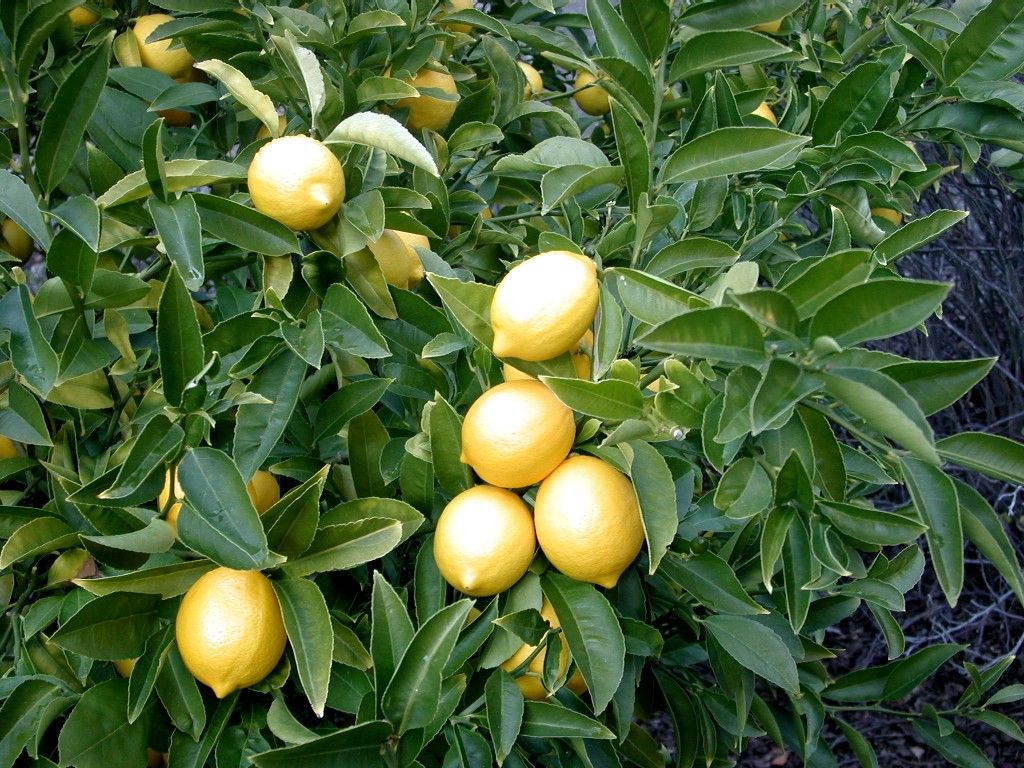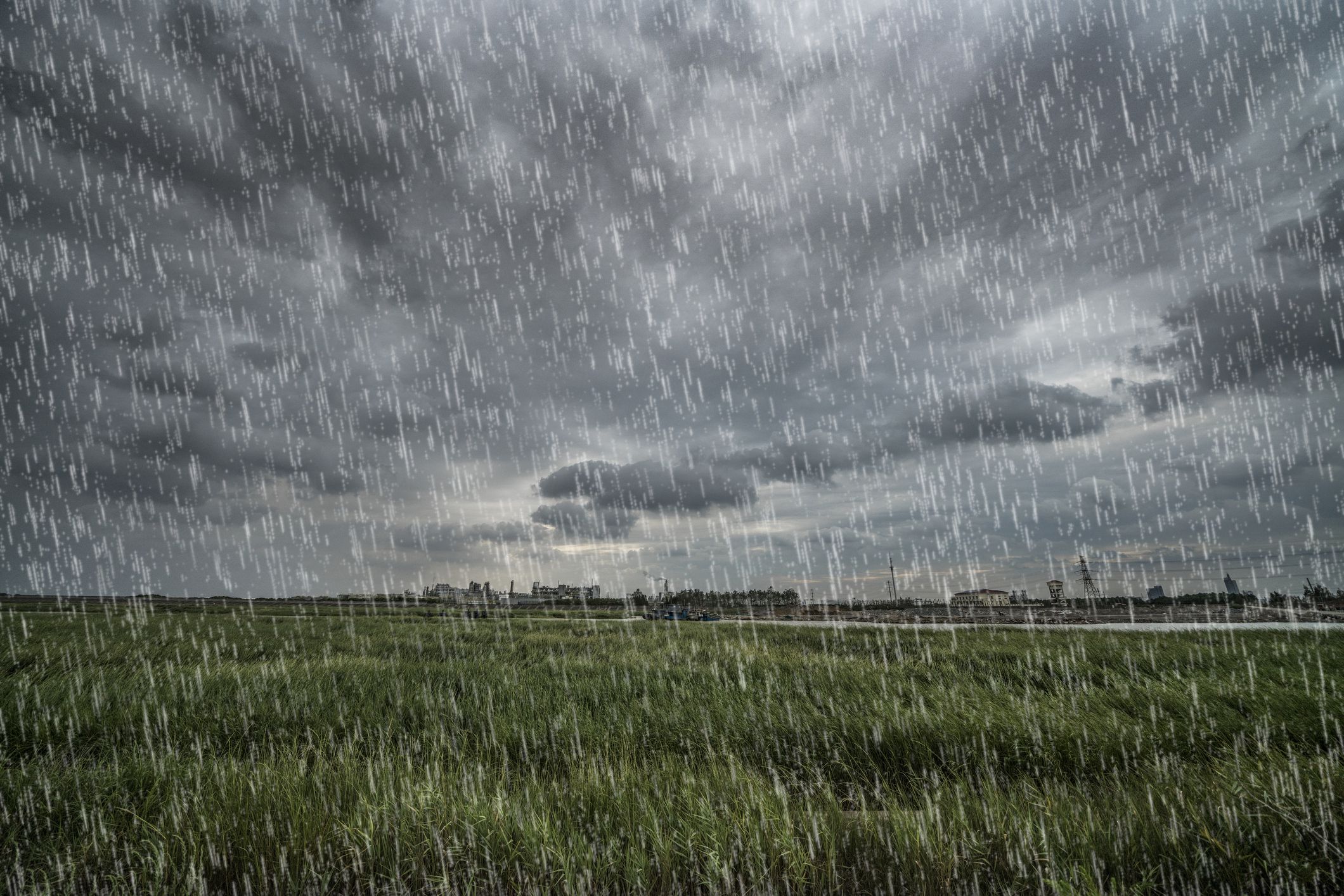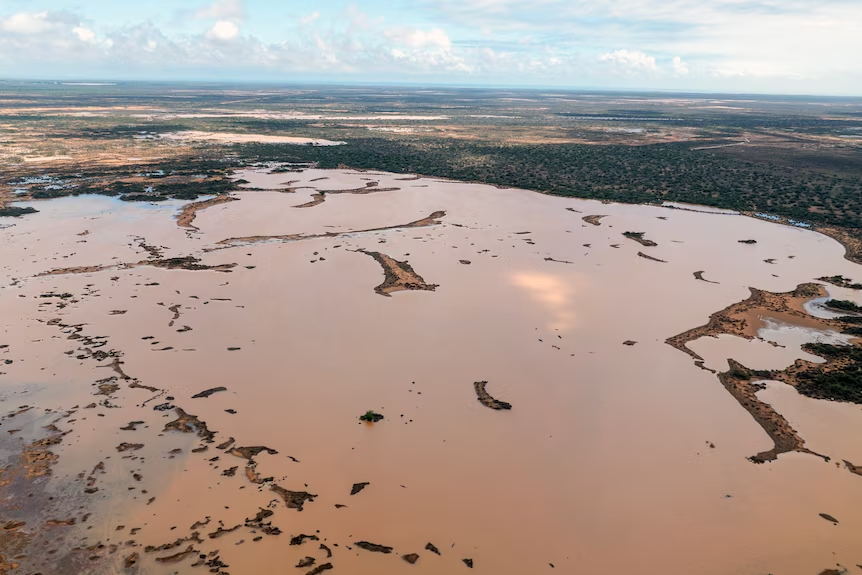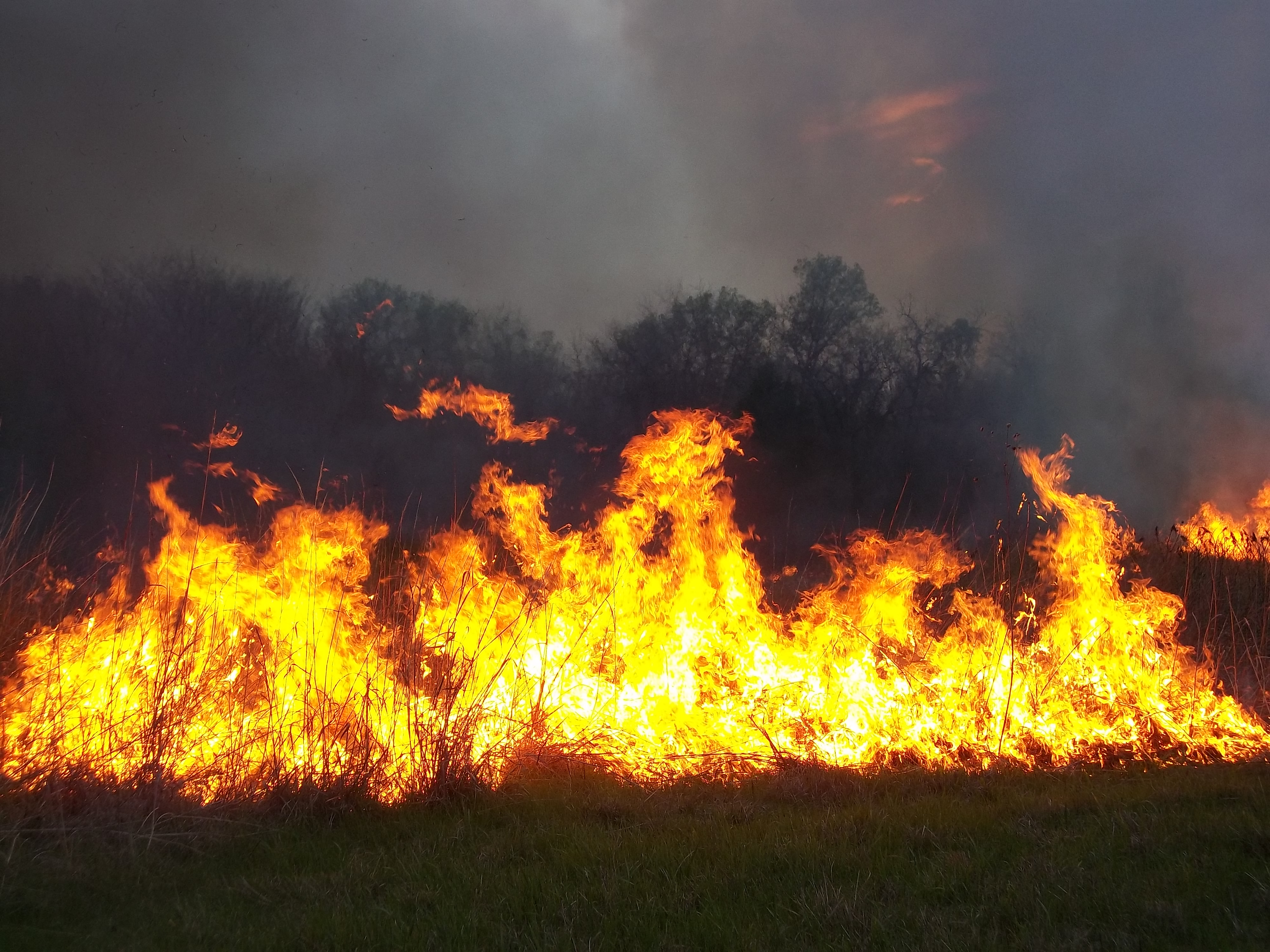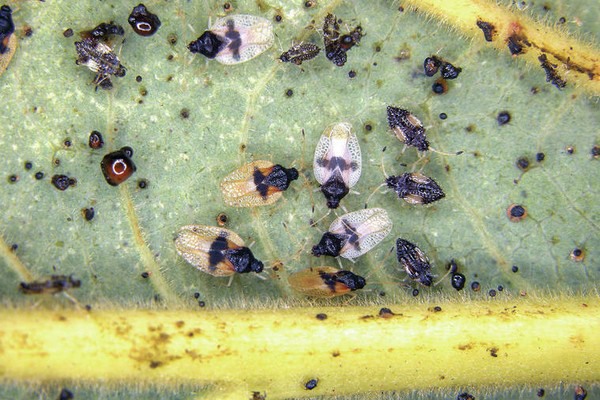Cocoa prices broke $10,000 per ton for the first time in March, amid disease outbreaks and destructive weather patterns in West Africa. Cocoa futures were as high as $10,080 in New York at the close of the first quarter, having more than doubled this year – due to expectations of a shortage of cocoa beans, the raw material used to make chocolate.
Ghana, Côte d’Ivoire, Nigeria, and Cameroon together produce more than 75% of the world’s cocoa, but have seen drastically reduced crop yields amid droughts, fires and other climate change-induced weather phenomena. Drought index data from the Gro Intelligence platform indicates that the current drought in West Africa is the worst the region has seen since at least 2003.
On top of that, the Cocoa Farmers Association of Nigeria reported that fires destroyed over 30 hectares (74 acres) of cocoa farmlands in the first quarter in Abia state, a major cocoa producer in southeast Nigeria. That could see a loss of 11,000 to 12,000 tonnes of cocoa from the mid-crop harvest in Nigeria. This would represent roughly 4% of the commodity’s anticipated production this year, which is between 280,000 and 300,000 tons.
The monthly report on the cocoa market from the International Cocoa Organization (ICCO) states that since the season began cocoa arrivals at Ivorian and Ghanaian ports have decreased by 28% and 35% respectively, compared to the same period next year. Earlier this year, the Ghana Cocoa Board released a report predicting that the country’s 2023– 2024 harvest would reach a maximum of 425,000 metric tons, a 22-year low.
Cacao trees, which flourish near the equator, are highly susceptible to weather fluctuations. The farmers collect the cocoa from the trees and then sell it to local buyers or processing facilities. The ICCO projects this season’s global cocoa production will drop by 10.9% to 4.45m metric tons. The market will have a deficit of 374,000 tons this season, compared to a mismatch between supply and demand of 74,000 tons the previous season, it says. It anticipates that cocoa stocks will drop to their lowest level in 45 years by the end of the season.
Underinvestment
The problems are exacerbated by decades of underinvestment in the sector. For years local farmers have exported raw cocoa with little local beneficiation, meaning that West Africa represents only a small part of the global value chain. The African Export-Import Bank says that the global cocoa industry was worth $200bn annually – with just $10bn of that value appearing in West Africa. According to the German Federal Ministry for Economic Cooperation and Development (BMZ), manufacturers and dealers gain about 80 cents for every euro spent on a chocolate bar, while cocoa farmers only receive about seven cents.
Most industry earnings go to manufacturers and merchants, mostly based in the US and Europe. These buyers transform the beans into cocoa butter, powder, and liquor. These ingredients are used to make chocolate products that are later sold to international chocolate manufacturers. Chocolate producers trade cocoa futures, securing cocoa beans long before harvest, to reduce the risks associated with volatile cocoa prices.
Farmers are, however, frequently left vulnerable by this approach, for example losing out when their produce is paid for at lower rates and the price then increases above the level predicted by the futures market. That has led to a lack of reinvestment in ageing plantations. Many cacao trees in the region are older, disease-prone and producing less after repeated harvests. Farmers across the region struggle to access inputs including high-quality beans, fertilisers and pesticides. This situation is exacerbated by significant regional inflation and currency devaluation.
Changing weather conditions also make the crops more susceptible to disease. Steve Wateridge, head of research at Tropical Research Services, says that the severity of bean disease in the region could hit the market into next season. Farmers harvesting cocoa beans fear that the price increases may not offset their rising production expenses and declining yields.
The decrease in output also affects local processing. Two of the largest processing facilities in Africa, located in Ghana and Côte d’Ivoire, have either stopped processing or have scaled back, due to their inability to pay for beans. The mounting challenges mean that many farmers have pursued alternative revenue streams. In a region rich in metals, minerals and forestry, some farmers have sold their land to mining corporations.
Rebuilding the industry
Dumebi Oluwole, senior economist at Stears, tells African Business that West African governments need to better support cocoa farming communities if the region is to benefit from rising prices.
“West African cocoa-producing governments need to deepen efforts in improving the value chain of their cocoa-producing countries, policies, regulations, adequate infrastructure, farmers’ poverty, and more importantly, publicprivate partnerships, involving structured economic integration.”
In the region, efforts are under way to tackle some of the industry’s challenges. In September Ghana raised the state guaranteed cocoa price paid to its farmers by more than 63%. President Nana AkufoAddo said farmers would receive 20.943 Ghana cedi ($1.56) per kilogram for the new 2023/2024 season, which started in September, compared with the 12.8 Ghana cedi ($0.95) they got in the previous year. He claimed that this was the highest price paid to farmers in half a century. Cameroon raised the price cocoa farmers get to 1,500 CFA francs (US$2.40) per kilogram, a 25% jump from the previous rate of 1,200 CFA francs. C’ote D’Ivoire increased its cocoa farmgate price by 11.1% to $1.62 per kilogram for the 2023/24 crop season.
Multilateral institutions are also stepping in to support the market. The World Bank has arranged a $200m loan with the Ghana Cocoa board to combat swollen shoot virus. Under the programme the board will take control of affected farms, remove and replace the affected cocoa trees, and raise the newly-planted trees until they reach fruition.
Calls for a buyers’ premium
Critics say, however, that countries must do more to tackle the structural inequalities in the global cocoa market. In an article for The Conversation. Michael Odijie, a research fellow at University College London, says that the burdens of disease, weather, deforestation and a shortage of fertilisers have not been priced into the costs of sustainable cocoa production. Odijie suggests a premium could be charged to buyers to return the market to sustainability and incentivise production.
“A few years ago, Ghana and Côte d’Ivoire pioneered the introduction of the “living income differential” – a premium that cocoa buyers would pay on top of the market price to ensure that farmers earned a sustainable income from their produce. Despite its noble intent, the initiative faltered. It was not well thought through. And it came at a time when these countries had diminished bargaining clout in a saturated market. Now is a favourable moment. The crisis in the sector puts cocoa producers in a stronger negotiating position.”
Odijie says that would require close collaboration across the region – something which has been lacking thus far.
“In my view, west African countries should use the cocoa shortage as negotiating leverage against multinational corporations to address these structural issues. Both Ghana and Côte d’Ivoire must recognise this pivotal moment. They must take the lead, and frame the current production challenges as deep-seated structural problems requiring solutions, rather than as short-term issues.”
Source - https://african.business





